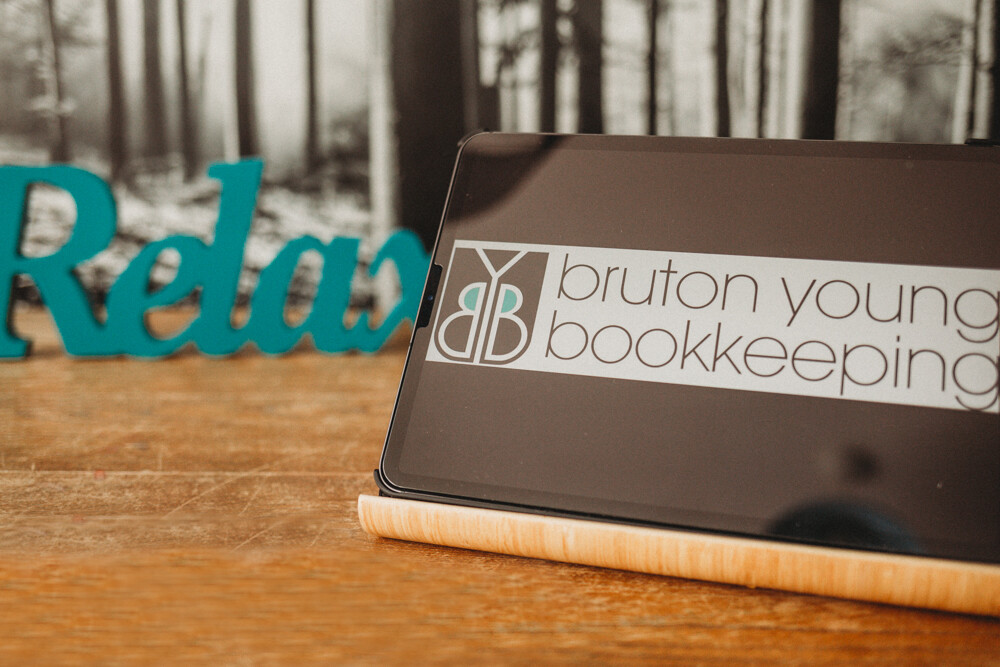That decaf skinny latte on the way to an important meeting. The three course meal with bottle of wine when staying overnight for a networking event. The double pepperoni with extra cheese pizza you order when you’re working late. You might think that every item of food and drink you purchase can be put through the business as an expense, but unfortunately that isn’t correct. Whilst we’ve all got to eat and drink, let’s take a look at what you can and indeed, cannot claim for.
You might do a lot of travel for business? But does your business rely upon that travel? There is a difference. If you have to travel the country, putting on events, workshops, presentations, this is likely to mean your business relies on you travelling. Without your travel, the business wouldn’t work. The travel, whether that’s in the car, on a plane, on a train, to put on these events is integral, without it, the business would fail. This results in the food and drink you purchase during those day being allowable.
One of the simplest ones is for overnight stays. If travelling for work involves an overnighter, this could be for perhaps a training course, the food and drink you have is allowable. This wouldn’t include if you ended up tagging on an extra night for a ‘holiday’ or to meet up with friends or family. It would be OK if you were working on a project which ended up overrunning, so you couldn’t get home and had to stay overnight. It’s a change to your usual routine so it’s fine.
If your company has two business premises and you travel between them, you wouldn’t be able to claim for a flat white you buy en route. Nor a breakfast sandwich on a long drive to your office as this is classed as a commute and so that is seen as personal time and mileage.
So what if you’re entertaining potential clients in the hope of winning new business? This happens all the time, trying to schmooze them with the idea that the contract might come your way. Maybe you’re celebrating the final day of a long winded project together and the cocktails are flowing. HMRC consider this entertaining and as such, anything falling into this entertaining category is not considered a tax deductible expense. This would also include tickets for shows or sporting events. That might sway you to take them to a different restaurant, or just chat in the office over a brew!
Of course, food and drink at the Christmas party are fine. You are entitled to hold an annual social event (ie. the Christmas party) paying up to £150 per head, including partners. This is seen as entertainment, but for your employees and therefore is tax deductible.
As you can see, the rules and regulations are claiming money back can be confusing but are pretty set in stone. So that lemon tea you thought you could pop through and claim back, or the coffee and cake you grabbed on the way to the office are not considered business expenses. This is when a reusable water bottle is a great idea, especially during the hot summer!
A good way to think about things is to have the mindset of if you were employed. Ask yourself if your employer would buy it. If they would, great. If not, it’s more than likely a no to putting it through the business. For more tax, accounting and bookkeeping information and advice, contact Clare at Bruton Young.


